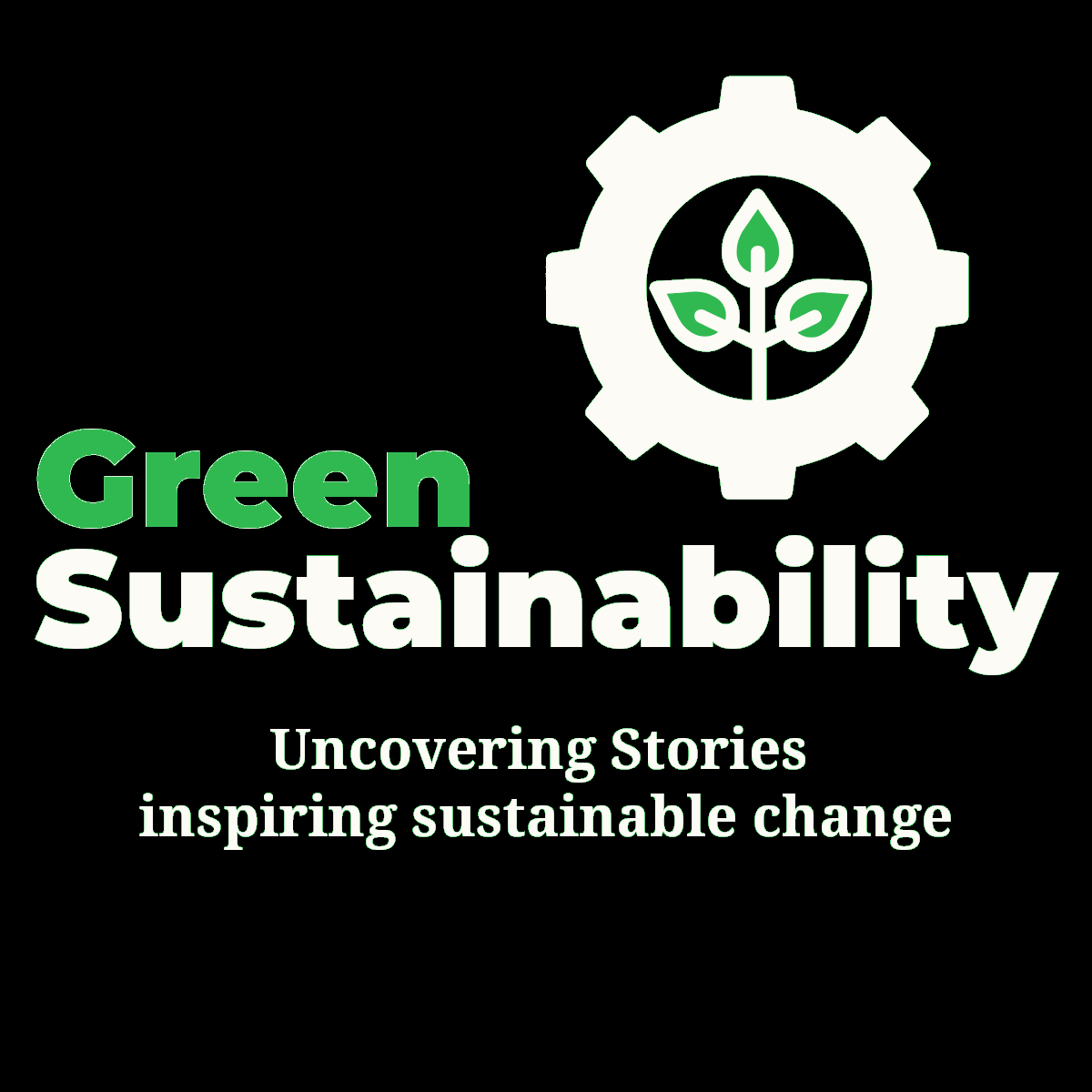

As the world warms it causes feedback processes. Increases in temperature cause the liberation of CO2 and methane which then cause further warming. Another feedback mechanism arises through higher air temperatures evaporating more water and so providing more cloud which both traps heat from below and reflects back sunlight from above. As the world warms, the effect of clouds could become more and more significant.
Another feedback process is that of the melting ice - with higher temperatures more ice around the globe is melting. Ice contributes to the cooling of the planet by reflecting heat back into space. With less ice around more heat is absorbed and trapped in the earth's atmosphere.
CO2 - about half the CO2 released by burning fossil fuels is absorbed by the oceans. It is taken up by tiny sea creatures or dragged to the ocean depths by the circulation of water. Research suggests that as the earth heats up, the oceans will be less efficient in absorbing CO2 , leaving more in the atmosphere and so adding further to global warming.
Methane - as global temperatures become greater, so large quantities of methane stored in the frozen tundra of the north may be released. Also methane trapped in the sea bed may be freed by temperature rises.
Our Supporters



.png)




















.png)



































